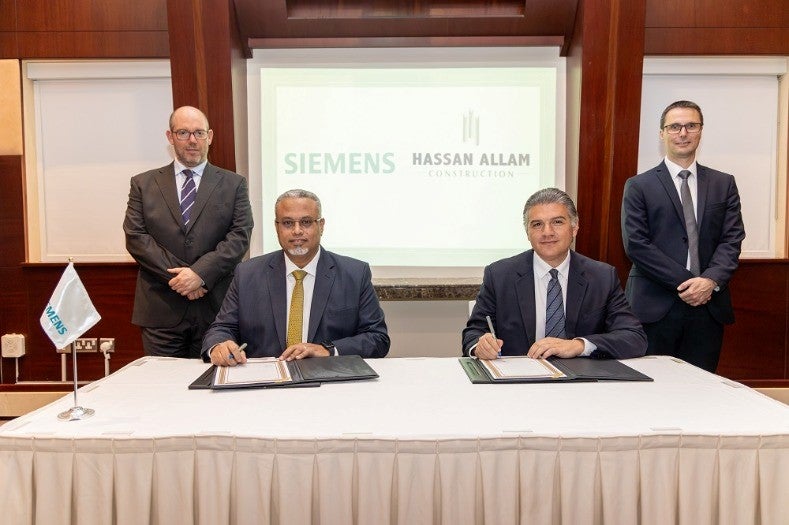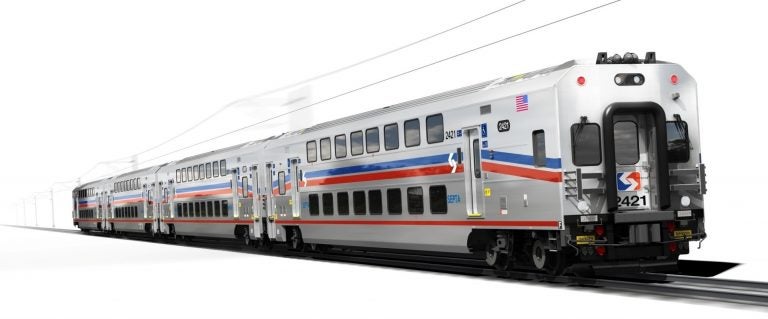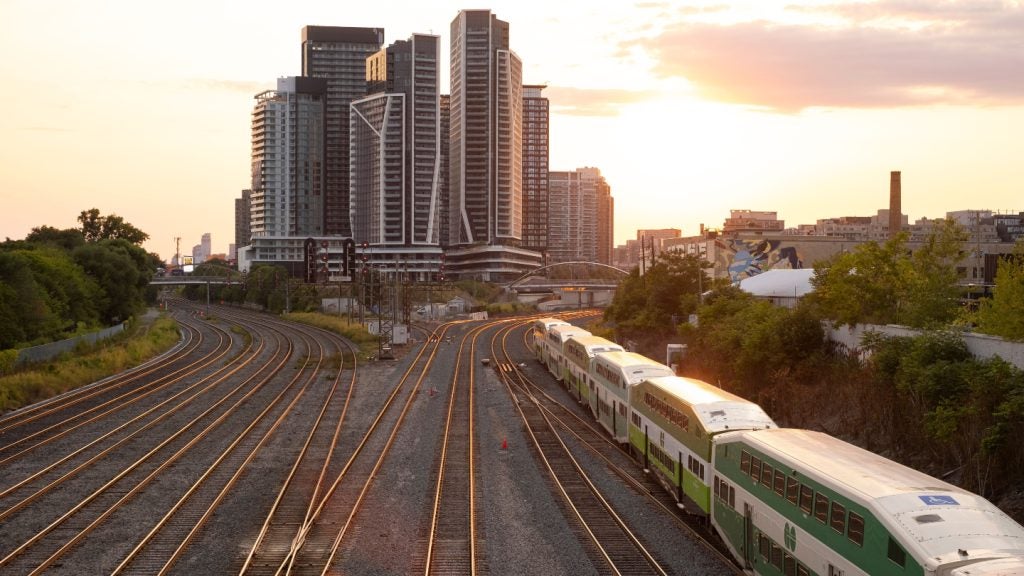
Hitachi has formed a partnership with multi-disciplinary engineering business Spencer Group to place a joint bid for the £500m Tyne and Wear Metro contract in the UK.
The overall contract involves designing, delivery and maintenance of a train fleet for the metro system, which is owned and operated by transport executive Nexus. It also involves operating a maintenance centre at Gosforth in Newcastle.
In September, Nexus shortlisted five bidders for the contract including Hitachi Rail Europe. It also included Bombardier Transportation UK, CAF, Stadler Bussnang and a joint venture between Downer EDI Rail and CRRC Changchun Railway Vehicles.
As a joint team, Hitachi and Spencer Group will utilise their footprint in the north for the bid.
Hitachi has already invested more than £100m in its train factory in Newton Aycliffe, thereby creating around 700 permanent jobs.
Spencer Group has 300 staff in the north, including its employees at its headquarters in Hull.
How well do you really know your competitors?
Access the most comprehensive Company Profiles on the market, powered by GlobalData. Save hours of research. Gain competitive edge.

Thank you!
Your download email will arrive shortly
Not ready to buy yet? Download a free sample
We are confident about the unique quality of our Company Profiles. However, we want you to make the most beneficial decision for your business, so we offer a free sample that you can download by submitting the below form
By GlobalDataBoth the companies teamed up previously for upgrading existing East Coast mainline rail depots to accommodate Hitachi’s new intercity trains.
Spencer Group managing director Gary Thornton said: “Our partnership with Hitachi to bid for the contract with Tyne and Wear Metro builds on our successful relationship delivering major rail projects.
“Together we offer a compelling proposition of complementary engineering expertise that will deliver unrivalled benefits to the client and value to the economy of the North.”
The Tyne and Wear Metro contract is scheduled to be awarded to the successful bidder by the end of next year. The winner is expected to start supplying new trains from 2022, while the existing fleet will be phased out in stages.







